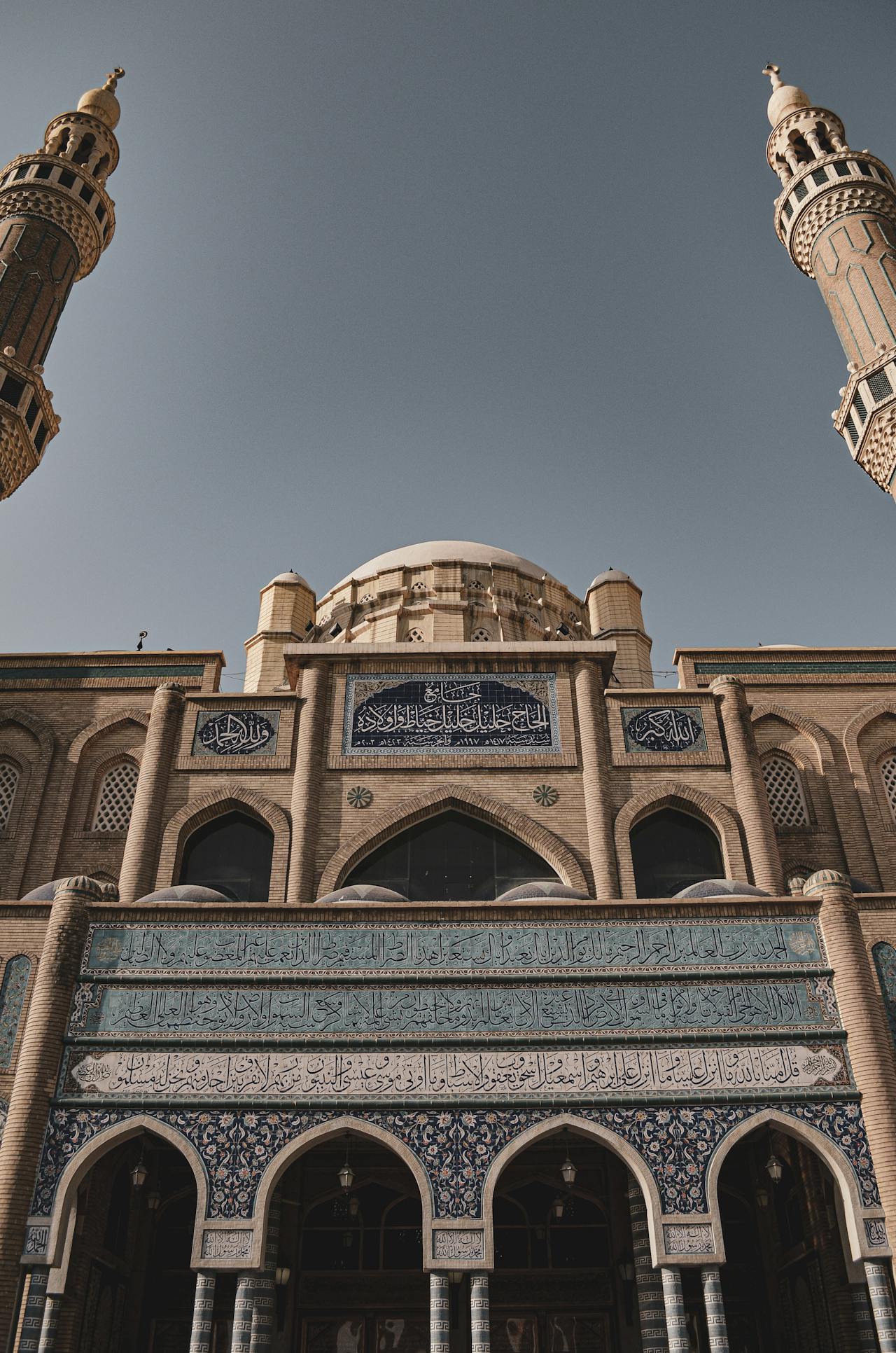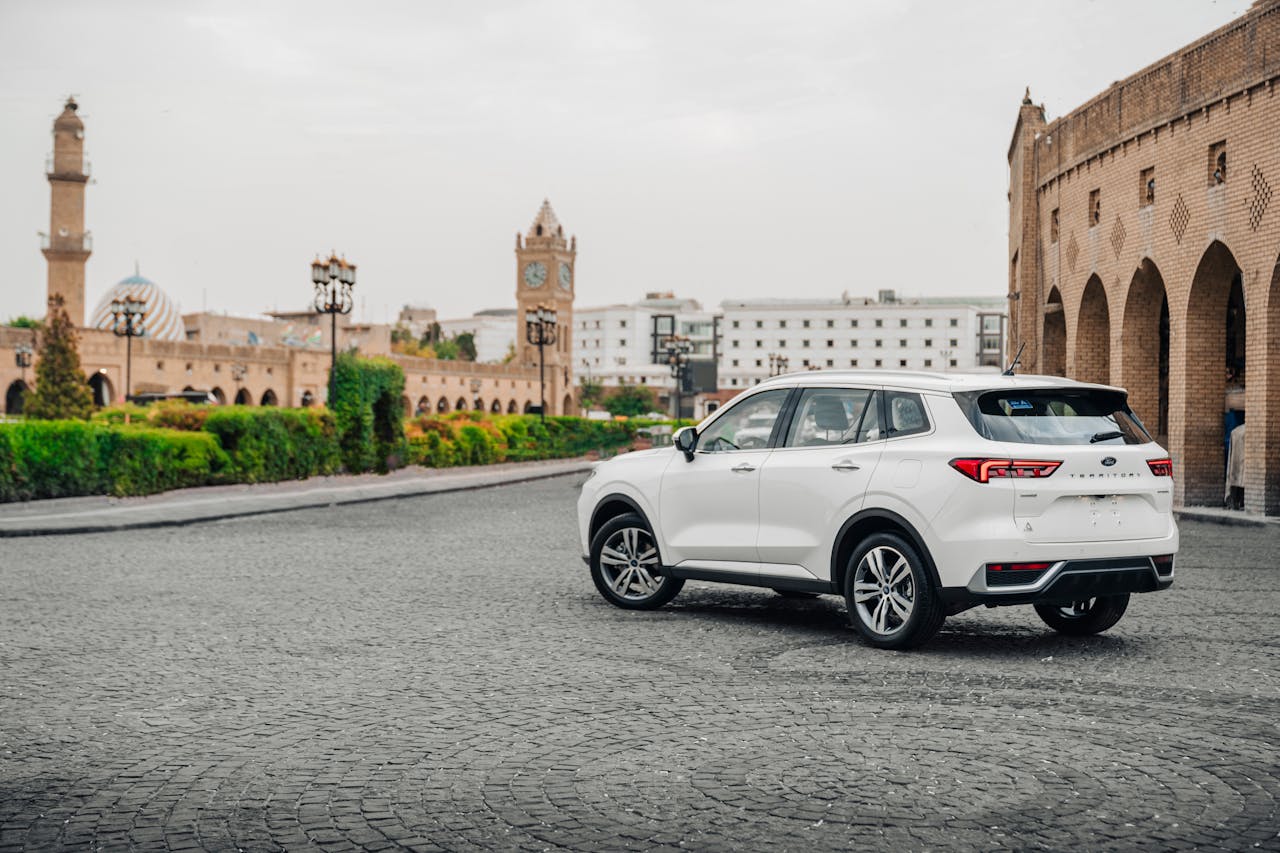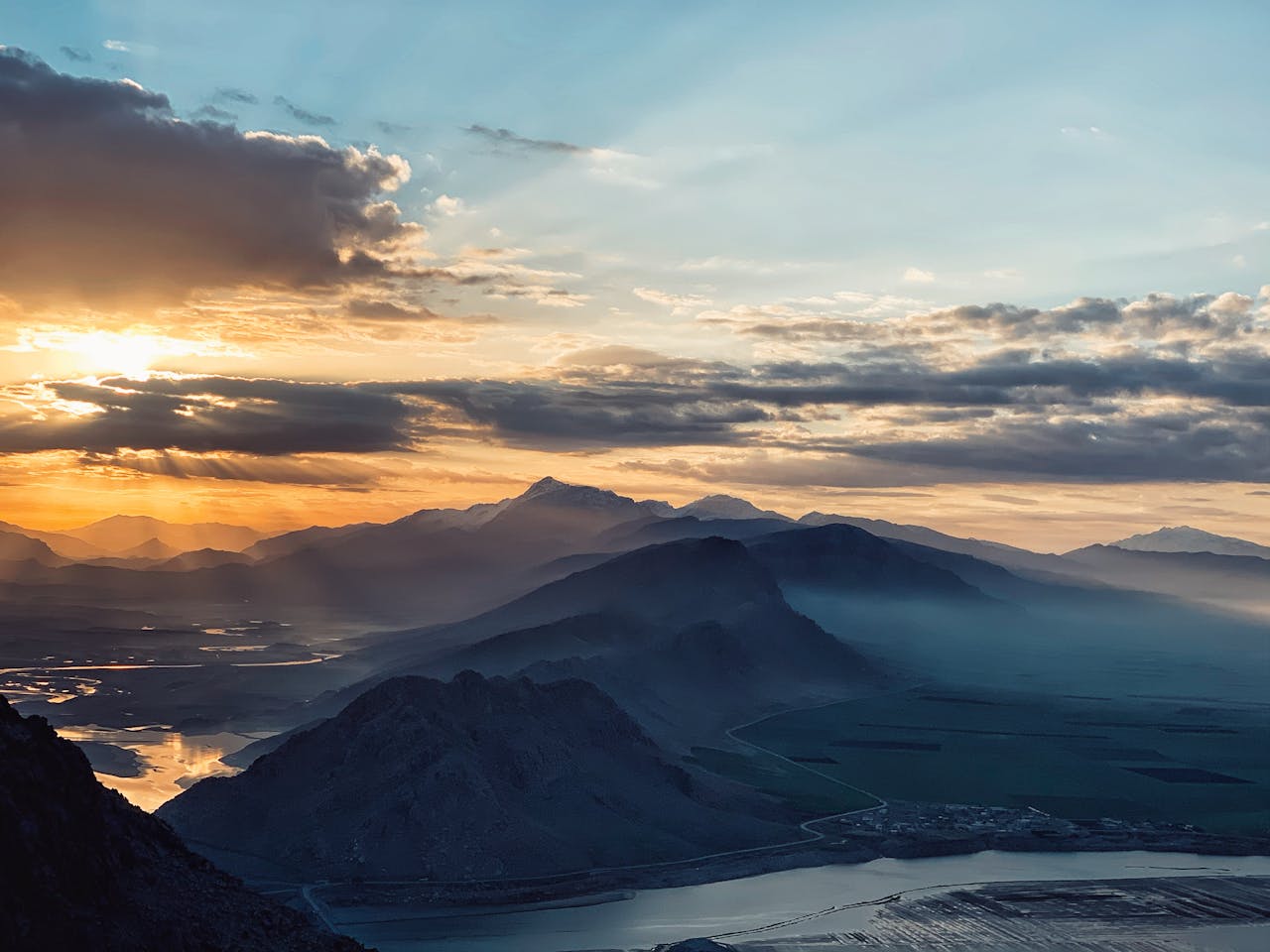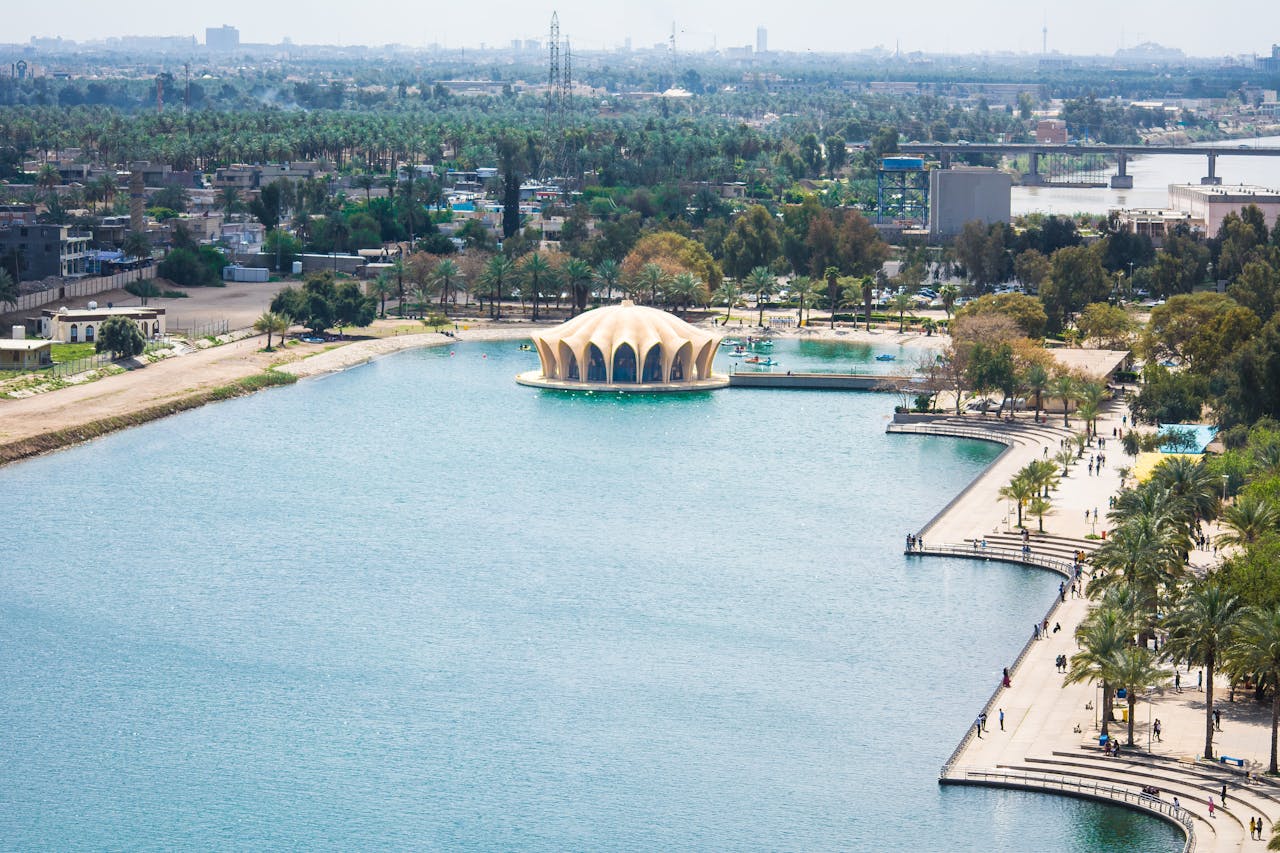Iraq: A Journey Through Mesopotamia’s Ancient Heart

Step into the cradle of civilization—explore Iraq’s ancient cities, majestic ruins, and cultural heritage. From Baghdad’s vibrant life to Babylon’s archaeological wonders, discover a country steeped in history, resilience, and rich Middle Eastern traditions.
Iraq: A Journey Through Mesopotamia’s Ancient Heart
Iraq, often called the "cradle of civilization," is a land of profound historical significance, where the Tigris and Euphrates rivers cradle some of humanity’s earliest cities. The ancient lands of Sumer, Akkad, Babylon, and Assyria once flourished here, giving birth to writing, mathematics, law, and astronomy. Today, despite decades of conflict, Iraq is slowly emerging, welcoming intrepid travelers seeking authentic experiences, timeless landscapes, and deep-rooted culture.
🏛️ Ancient Civilizations & Archaeological Sites
Iraq’s history stretches back over 7,000 years. The region of Mesopotamia—meaning “land between the rivers”—is home to many ancient marvels:
-
Babylon – Once the jewel of the Neo-Babylonian Empire, where the Hanging Gardens (one of the 7 Wonders of the Ancient World) are believed to have stood.
-
Ur – Birthplace of the prophet Abraham and home to the Ziggurat of Ur, one of the best-preserved Sumerian temples.
-
Nineveh – The ancient capital of the Assyrian Empire with vast ruins near modern Mosul.
-
Hatra – A UNESCO World Heritage Site, this fortress city boasts Roman-Parthian architecture and survived numerous invasions.
Each of these sites connects visitors to a time when Iraq was the intellectual and spiritual center of the world.
🕌 Cultural Landmarks & Religious Diversity
Iraq is a land of immense spiritual significance for Muslims, Christians, Yazidis, and Mandaeans. Some of the most revered sites include:
-
Imam Ali Shrine (Najaf) – One of the holiest sites in Shia Islam.
-
Imam Hussein Shrine (Karbala) – A key pilgrimage destination, especially during Arbaeen.
-
Al-Mustansiriya School (Baghdad) – A 13th-century Islamic university symbolizing Baghdad's golden age.
-
St. Matthew Monastery (near Mosul) – One of the oldest Christian monasteries in the world.
-
Lalesh – A spiritual heartland of the Yazidi community.
Despite the damage from conflicts, restoration efforts are ongoing, and many Iraqis take pride in preserving these symbols of unity and resilience.
🏙️ Baghdad – The Beating Heart
Baghdad, Iraq’s capital, was once a global center of knowledge and culture during the Islamic Golden Age. While modern Baghdad bears the scars of war, its soul is vibrant:
-
Mutanabbi Street – A hub for poets, intellectuals, and booksellers.
-
Al-Qishla Clock Tower – A remnant of Ottoman-era Baghdad.
-
Baghdad Museum – Restoring its collection of ancient Mesopotamian artifacts.
-
Zawra Park – A peaceful urban space for families and travelers.
Baghdad is a city where old and new collide—ancient heritage coexists with the aspirations of a youthful population rebuilding their future.
🏞️ Landscapes & Natural Beauty
Beyond its cities and ruins, Iraq offers untamed natural beauty:
-
Zagros Mountains (Kurdistan) – Ideal for trekking, especially in spring when wildflowers bloom.
-
Ahwar of Southern Iraq (Marshes) – UNESCO-listed wetlands that are home to water buffalo, birds, and the unique Ma'dan (Marsh Arabs) culture.
-
Sinjar Mountains – A place of spiritual importance to the Yazidis and a symbol of survival.
-
Euphrates River Valleys – Lush agricultural lands that defy the region’s arid climate.
These landscapes paint a picture of a country where nature has always nurtured civilization.
🍽️ Iraqi Cuisine – A Taste of Tradition
Iraqi food reflects the flavors of centuries-old traditions and diverse cultural influences:
-
Masgouf – Grilled river fish, Iraq’s national dish.
-
Kubba – Fried or boiled meat-stuffed bulgur dumplings.
-
Dolma – Stuffed grape leaves and vegetables.
-
Tashreeb – Bread soup soaked in flavorful broth.
-
Dates & Cardamom Tea – Sweet staples of Iraqi hospitality.
Meals in Iraq are communal, heartfelt, and infused with storytelling and memory.
🧕 Hospitality & Local Life
Iraqis are renowned for their hospitality. Travelers are often greeted with tea, stories, and invitations into homes. Despite years of instability, the warmth and kindness of everyday people leave lasting impressions. In rural areas and cities alike, Iraqis are proud of their culture, eager to share traditions, and hopeful for a peaceful future.
🎉 Festivals & Traditions
-
Arbaeen Pilgrimage – The world’s largest annual pilgrimage to Karbala.
-
Nowruz – Celebrated in the Kurdish north with dancing, bonfires, and feasts.
-
Iraqi Independence Day (October 3) – A patriotic celebration of sovereignty.
Traditional music, dabka dancing, and calligraphy are alive in weddings, markets, and celebrations.
🧭 Travel Tips & Essentials
-
Capital: Baghdad
-
Currency: Iraqi Dinar (IQD)
-
Language: Arabic, Kurdish
-
Visa: Available on arrival for many countries
-
Best Time to Visit: March to May and September to November
Safety Tip: Travel with a local guide or operator. Stick to well-secured areas like the Kurdish region, Najaf, Karbala, and historical sites reopened to tourists.
❤️ Why Visit Iraq?
To visit Iraq is to witness the birthplace of civilization. It’s an invitation to walk the ruins of ancient empires, experience spiritual devotion, and meet people whose resilience is as inspiring as their hospitality. Iraq defies stereotypes and offers a transformative journey for those willing to see beyond the headlines.

.jpg)


Comments (0)
Please login to leave a comment.